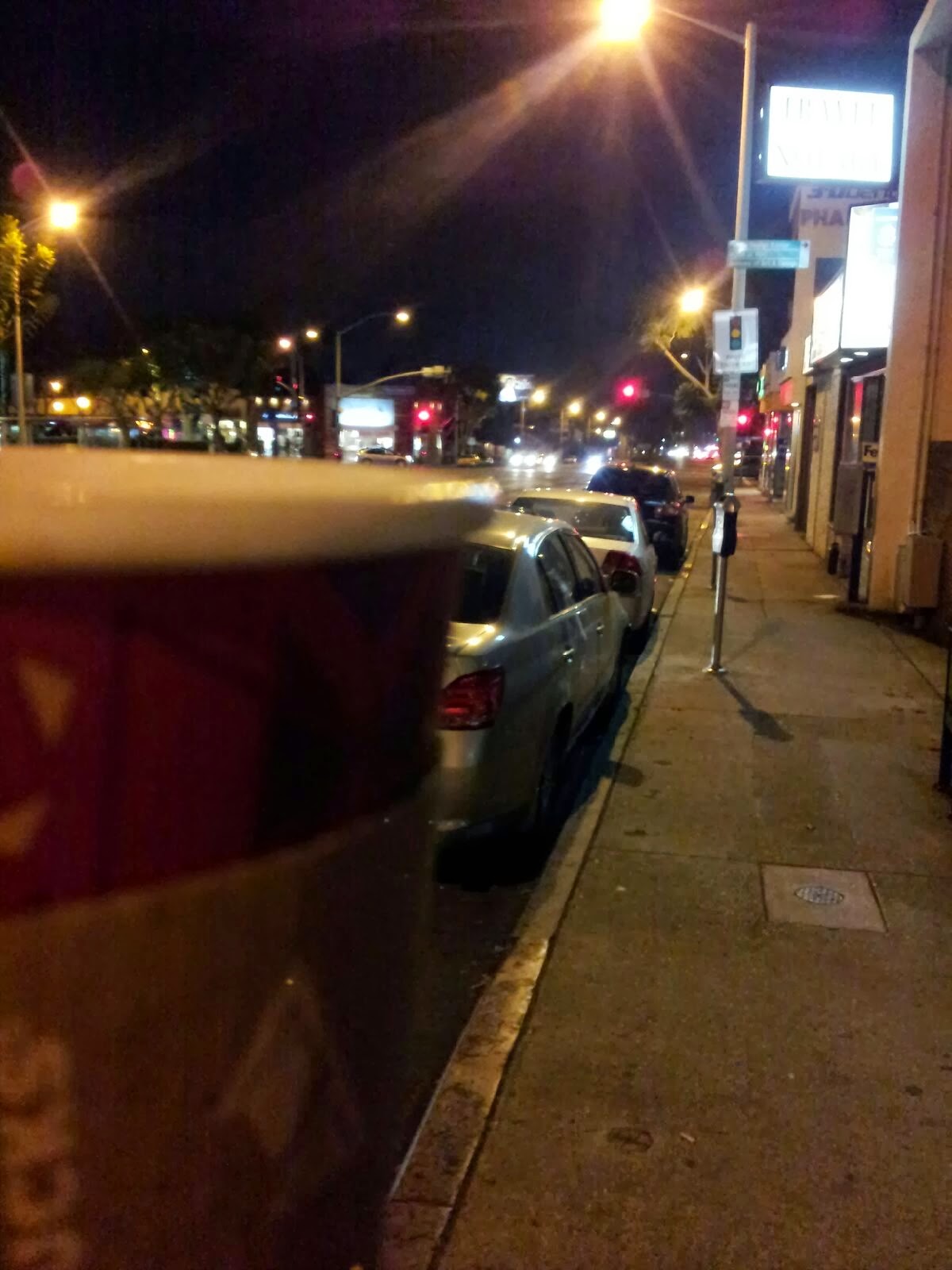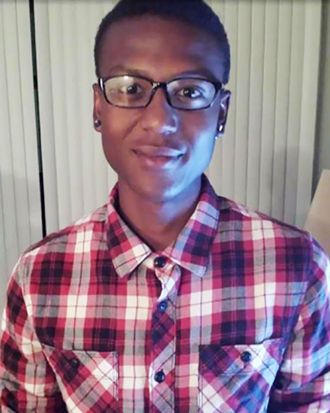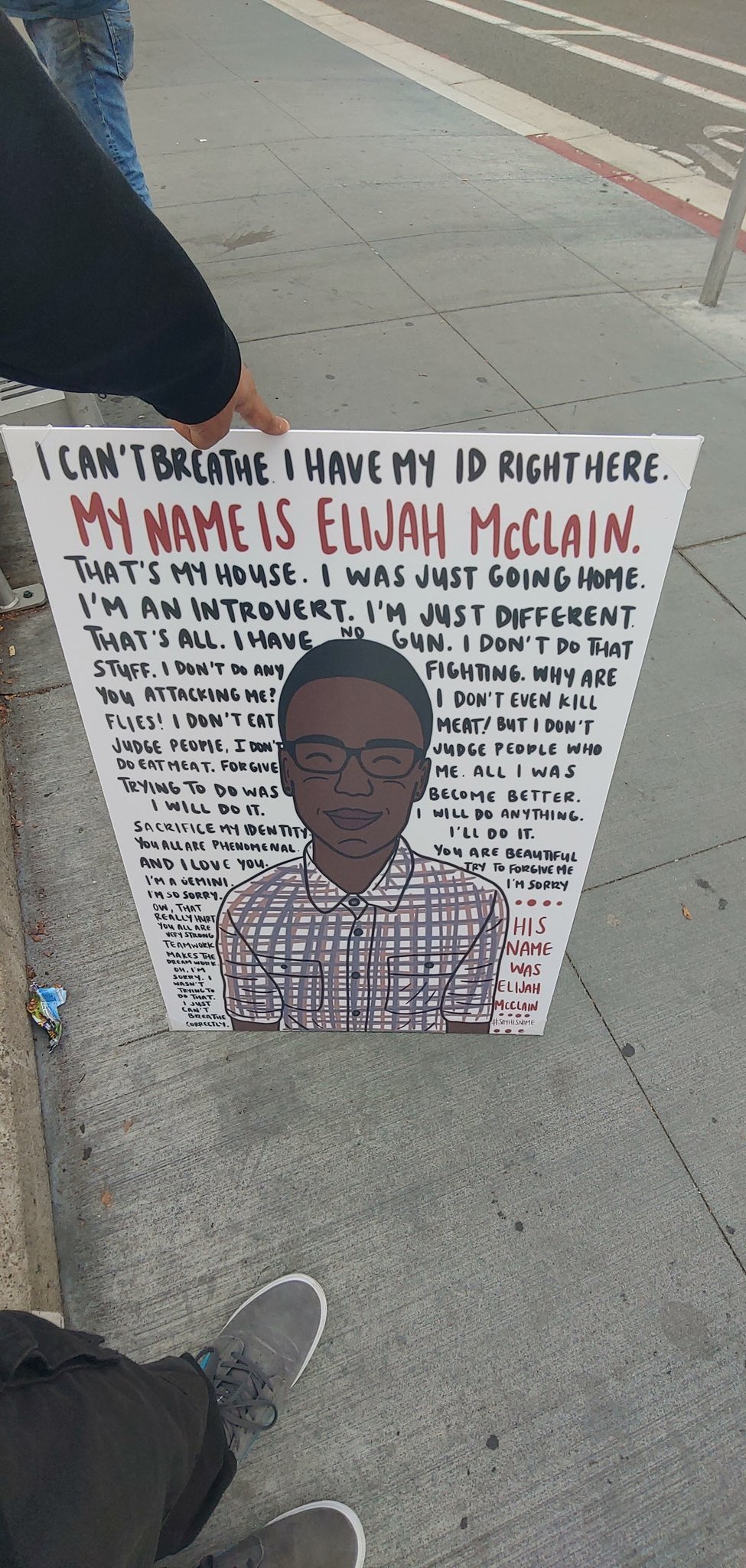Art, Coffee, Food, Santa Monica, West Hollywood, Los Angeles, Moscow, New York, Sweden, Russia, Lima, Paris, Barcelona, Monaco, Tahiti, Pod People, Frog People, Ferraris, Lamborginis, Aston Martins, Jags, Lexus, Bugatti, Beverly Hills, Sunset Strip, food from India, food from Deli's, food from Outer Space, Google Speaks, Kasha, Chocolate, Lakers, Expresso, Lattes, Ice coffee, French Roast, Espresso beans, Columbia
Mitch Rubman's Coffee Cup Club

Night Coffee
Tuesday, June 30, 2020
Monday, June 29, 2020
real numbers covid-19
USA population 330,000,000
x 17% exposed
56,100,000
x .02
1,122,000
x.04
2,244,000
x 70% exposed
231,000,000 people w covid exposure
x .02 = 4,620,000
x40% exposed
132,000,000
x.04 = 5,280,000
x25% exposed
82,500,000
x.05= 4,125,000
x 17% exposed
56,100,000
x .02
1,122,000
x.04
2,244,000
x 70% exposed
231,000,000 people w covid exposure
x .02 = 4,620,000
x40% exposed
132,000,000
x.04 = 5,280,000
x25% exposed
82,500,000
x.05= 4,125,000
Sunday, June 28, 2020
MARY MCLEOD BETHUNE
MARY MCLEOD
BETHUNE
Because the ‘First Lady of the Struggle’ left us an indelible legacy of love, hope and dignity
CIVIL RIGHTS ACTIVIST, EDUCATOR
b. 1875 – 1955
Though she was able-bodied, Mary McLeod Bethune carried a cane because she said it gave her “swank.”
An educator, civil rights leader and adviser to five U.S. presidents, the “First Lady of the Struggle” has been synonymous with black uplift since the early 20th century. She turned her faith, her passion for racial progress, and her organizational and fundraising savvy into the enduring legacies of Bethune-Cookman University and the National Council of Negro Women. She understood the intersections of education, optics, and politics and was fierce and canny in using them to advance the cause of her people.
Bethune, the 15th of 17 children, grew up in rural South Carolina and started working in the fields as a young girl. She hoped to become a missionary in Africa after attending Scotia Seminary in North Carolina and Chicago’s Moody Bible Institute but was told black missionaries were unwelcome. So, she turned to educate her people at home, founded the Daytona Literary and Industrial Training School for Negro Girls in 1904 with $1.50 and six students, including her young son.
Twenty years later, the school was merged with the Cookman Institute of Jacksonville, Florida. In 1924, Bethune, one of the few female college presidents in the nation, became president of the National Association of Colored Women. A decade later, in a move to centralize dozens of organizations working on behalf of black women, Bethune founded the influential National Council of Negro Women.
Bethune helped organize black advisers to serve on the Federal Council of Negro Affairs, the storied “Black Cabinet,” under President Franklin D. Roosevelt. First lady Eleanor Roosevelt considered Bethune one of her closest friends. Photos featuring her with the president or first lady ran prominently in black publications, helping to normalize the notion of black faces in high places.
Bethune worked to end poll taxes and lynching. She organized protests against businesses that refused to hire African-Americans and demonstrated in support of the Scottsboro Boys. She lobbied for women to join the military. She organized, she wrote, she lectured, and she inspired.
Perhaps her most enduring written work was her last will and testament:
I LEAVE YOU LOVE … I LEAVE YOU HOPE … I LEAVE YOU THE CHALLENGE OF DEVELOPING CONFIDENCE IN ONE ANOTHER … I LEAVE YOU A THIRST FOR EDUCATION … I LEAVE YOU RESPECT FOR THE USES OF POWER … I LEAVE YOU FAITH … I LEAVE YOU RACIAL DIGNITY … I LEAVE YOU A DESIRE TO LIVE HARMONIOUSLY WITH YOUR FELLOW MEN … I LEAVE YOU FINALLY A RESPONSIBILITY TO OUR YOUNG PEOPLE. – Lonnae O’Neal
BETHUNE
Because the ‘First Lady of the Struggle’ left us an indelible legacy of love, hope and dignity
CIVIL RIGHTS ACTIVIST, EDUCATOR
b. 1875 – 1955
Though she was able-bodied, Mary McLeod Bethune carried a cane because she said it gave her “swank.”
An educator, civil rights leader and adviser to five U.S. presidents, the “First Lady of the Struggle” has been synonymous with black uplift since the early 20th century. She turned her faith, her passion for racial progress, and her organizational and fundraising savvy into the enduring legacies of Bethune-Cookman University and the National Council of Negro Women. She understood the intersections of education, optics, and politics and was fierce and canny in using them to advance the cause of her people.
Bethune, the 15th of 17 children, grew up in rural South Carolina and started working in the fields as a young girl. She hoped to become a missionary in Africa after attending Scotia Seminary in North Carolina and Chicago’s Moody Bible Institute but was told black missionaries were unwelcome. So, she turned to educate her people at home, founded the Daytona Literary and Industrial Training School for Negro Girls in 1904 with $1.50 and six students, including her young son.
Twenty years later, the school was merged with the Cookman Institute of Jacksonville, Florida. In 1924, Bethune, one of the few female college presidents in the nation, became president of the National Association of Colored Women. A decade later, in a move to centralize dozens of organizations working on behalf of black women, Bethune founded the influential National Council of Negro Women.
Bethune helped organize black advisers to serve on the Federal Council of Negro Affairs, the storied “Black Cabinet,” under President Franklin D. Roosevelt. First lady Eleanor Roosevelt considered Bethune one of her closest friends. Photos featuring her with the president or first lady ran prominently in black publications, helping to normalize the notion of black faces in high places.
Bethune worked to end poll taxes and lynching. She organized protests against businesses that refused to hire African-Americans and demonstrated in support of the Scottsboro Boys. She lobbied for women to join the military. She organized, she wrote, she lectured, and she inspired.
Perhaps her most enduring written work was her last will and testament:
I LEAVE YOU LOVE … I LEAVE YOU HOPE … I LEAVE YOU THE CHALLENGE OF DEVELOPING CONFIDENCE IN ONE ANOTHER … I LEAVE YOU A THIRST FOR EDUCATION … I LEAVE YOU RESPECT FOR THE USES OF POWER … I LEAVE YOU FAITH … I LEAVE YOU RACIAL DIGNITY … I LEAVE YOU A DESIRE TO LIVE HARMONIOUSLY WITH YOUR FELLOW MEN … I LEAVE YOU FINALLY A RESPONSIBILITY TO OUR YOUNG PEOPLE. – Lonnae O’Neal
Saturday, June 27, 2020
Elijah McClain, What We Know About the Killing of
| Playing violin to kittens |
| Playing violin to kittens |
| Playing violin to kittens |
| Playing violin to kittens |
| Playing violin to kittens |
| Playing violin to kittens |
| Playing violin to kittens |
 |
| RIP, Elijah McClain |
| Add caption |
Colorado Gov. Appoints Special Prosecutor To Reopen Probe Of Elijah McClain Death
| Playing violin to kittens |
| Playing violin to kittens |
| Playing violin to kittens |
 |
| RIP, Elijah McClain |
| Playing violin to kittens |
| Playing violin to kittens |
| Playing violin to kittens |
| Playing violin to kittens |
| Playing violin to kittens |
| Playing violin to kittens |
| Playing violin to kittens |
| Playing violin to kittens |
| Playing violin to kittens |
| Playing violin to kittens |
| Playing violin to kittens |
| Playing violin to kittens |
last August, police officers in Aurora, Colorado, approached 23-year-old Elijah McClain as he walked home from a convenience store. The Aurora Police Department later said that a 911 caller had reported a “suspicious person” in a ski mask and that when officers confronted McClain — who was not armed and had not committed any kind of crime — he “resisted arrest.” In the 15 minutes that followed, the officers tackled McClain to the ground, put him in a carotid hold, and called first responders, who injected him with ketamine. (Ketamine is a medication mainly used for starting and maintaining anesthesia. It induces a trance-like state while providing pain relief, sedation, and memory loss. Other uses include sedation in intensive care and treatment of pain and depression. He had a heart attack on the way to the hospital and died days later after he was declared brain dead.McClain, meanwhile, can be heard asking the officers to stop, explaining that they started to arrest him as he was “stopping [his] music to listen.” He gasps that he cannot breathe. He tells them his name, says he has ID but no gun, and pleads that his house is “right there.” He sobs, and vomits, and apologizes: “I wasn’t trying to do that,” he says. “I just can’t breathe correctly.” One of the officers can also be heard threatening to set his dog on McClain if he “keep[s] messing around,” and claiming he exhibited an extreme show of strength when officers tried to pin back his arms.



Subscribe to:
Posts (Atom)























